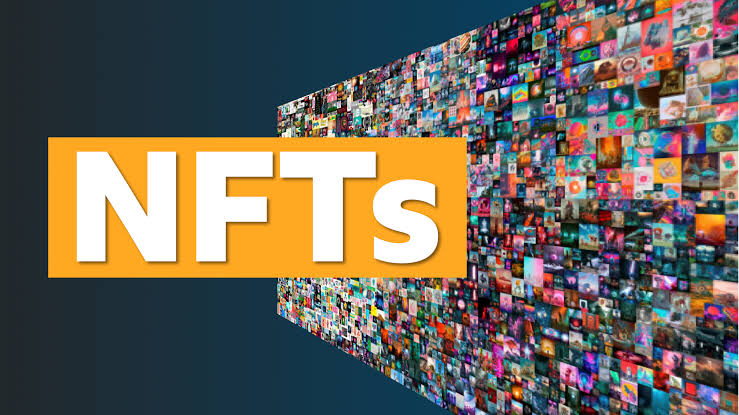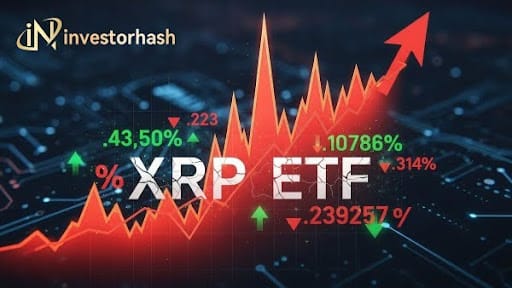NFTs this past week

Another day in the year 2021, and of course, there's someone somewhere currently auctioning non-fungible tokens (NFTs) on any of the marketplaces. Yes, NFTs are the next big thing and everyone, brands included are keen on getting a bite off this $29 billion market.
As the glorious week comes to an end, BTC Peers will be reviewing some of the seemingly insignificant NFT drops of the last seven days. For the uninitiated, NFTs are basically digital representations of assets.
Philips NFT Auction
Auction house Philips in an attempt to follow Christie’s footsteps has ventured into the budding NFT market by creating artwork.
Coming to our online saleroom 12-23 April, 'REPLICATOR' by @Mad_Dog_Jones is the first NFT in company history. Learn more: https://t.co/uetYAISYXi
— PHILLIPS (@phillipsauction) April 2, 2021
Tune into our @joinClubhouse on 2 April at 12PM EDT with @jin_diesel, @CeoPaoloSanto, @mad_dog_jones, @RonenV, and @farokhgoodlife pic.twitter.com/yl0sQtDB85
Titled “Replicator”, this artwork is simply a clip of a philosopher. According to the London-based auction house, the twist to this NFT is that it will be able to produce additional NFTs over time.
M.I.A’s NFTs
English rapper M.I.A in collaboration with Foundation marketplace put up her artworks for sale as NFTs. These NFTs according to the politically-themed rapper are clips of her back in the 90s doing a couple of weird dances.
"GIFTY_1" 📹 @MIAuniverse
— Foundation 🌐 (@withFND) April 8, 2021
"I wanted to reference the timescale and evolution of GIFs using my own work."
For her entrance into NFTs, M.I.A. minted the first video she made in 1996 when she was in art school. 📹
Auction starts tomorrow → https://t.co/GppykJJNga pic.twitter.com/6vTP2IKxbF
100 Thieves NFTs
This gaming and lifestyle brand co-owned by multiple award-winning rapper Drake this past week dived into the world of NFTs with collections ranging from logo-imposed animations of spinning galaxies to other brand-themed collectibles.
100 Thieves Enter Infinity NFT Collection
— 100 Thieves (@100Thieves) April 6, 2021
Live Nowhttps://t.co/me5zV37mOx pic.twitter.com/FiWtreeiSi
According to the Los Angeles-based brand, eight distinct versions of these animations have been produced and will be auctioned as NFTs.
Check our guide of the most promising crypto




